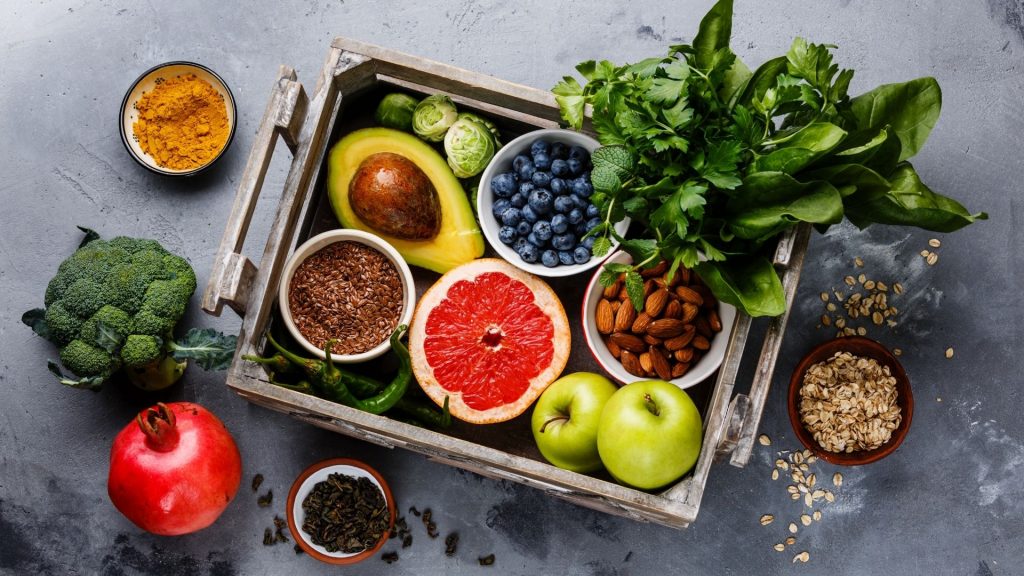Eating isn’t just about what’s on your plate—it’s about how you consume it. Mindful eating can transform digestion, helping you absorb nutrients more effectively, reduce bloating, and prevent overeating. When you slow down and become more aware of your food choices and eating habits, your gut health improves, and you feel more satisfied after meals.
Eat Without Distractions
One of the biggest disruptors to digestion is mindless eating. Eating in front of the TV, scrolling through your phone, or working while you eat can lead to overeating and poor digestion. When you focus entirely on your meal, you chew more thoroughly, recognize fullness cues, and enjoy your food more.
Chew Your Food Thoroughly
Digestion begins in the mouth. Chewing your food properly breaks it down, making it easier for your stomach to process. Rushing through meals and swallowing large bites can lead to bloating, gas, and indigestion. Aim to chew each bite at least 20-30 times before swallowing.
Listen to Your Hunger and Fullness Cues
Your body naturally signals when it needs food and when it’s full. Instead of eating because it’s a set mealtime or out of habit, tune in to your body’s cues. Stop eating when you feel satisfied, not overly full. Eating more slowly can help you recognize these signals more effectively.
Eat Slowly and Savor Each Bite
It takes about 20 minutes for your brain to register that you’re full. Slowing down allows your body to properly process food, leading to better digestion and reduced overeating. Take the time to enjoy the flavors and textures of your meal.
Stay Hydrated, But Not Too Much While Eating
Drinking water is essential for digestion, but consuming large amounts during meals can dilute stomach acid and enzymes, making it harder for your body to break down food. Sip small amounts of water during meals and focus on staying hydrated throughout the day.
Eat Whole, Nutrient-Dense Foods
Highly processed foods can disrupt digestion and leave you feeling sluggish. Whole foods—like fresh fruits, vegetables, whole grains, and lean proteins—are easier on the digestive system and provide the necessary nutrients for gut health.
Engage All Your Senses While Eating
Mindful eating involves more than just taste. Notice the colors, textures, and smells of your food. Engaging your senses helps you feel more connected to your meal and can enhance the eating experience, making it more satisfying.
Practice Portion Control
Eating too much food at once can overwhelm your digestive system, leading to discomfort and sluggish digestion. Serve yourself a reasonable portion and wait a few minutes before deciding if you need more. Smaller, balanced meals support gut health.
Avoid Emotional Eating
Many people turn to food for comfort when they’re stressed, bored, or emotional. While occasional emotional eating is normal, making it a habit can lead to digestive issues and unhealthy relationships with food. Try alternative stress-relief activities like journaling, going for a walk, or deep breathing.
Express Gratitude for Your Food
Taking a moment to appreciate your food before eating can shift your mindset around meals. Whether it’s a simple “thank you” or reflecting on where your food comes from, gratitude can create a more positive eating experience and encourage healthier choices.
Final Thoughts
Mindful eating is a simple yet powerful way to improve digestion, prevent overeating, and develop a healthier relationship with food. By slowing down, focusing on your meals, and listening to your body’s signals, you can support gut health and overall well-being. Start practicing these habits today, and notice how much better you feel after each meal.



